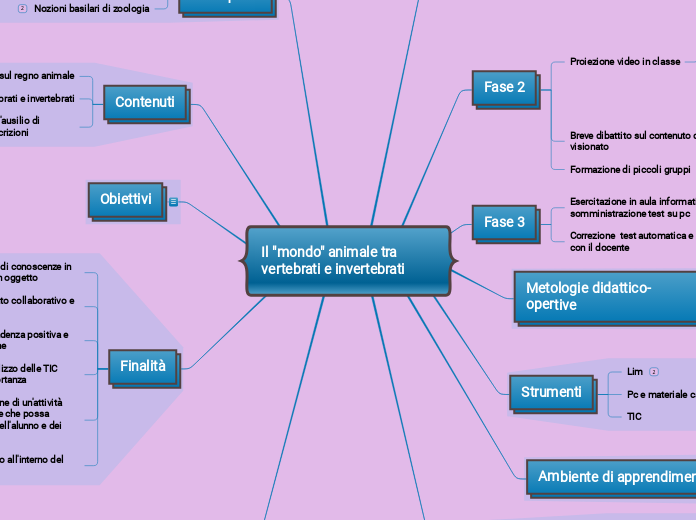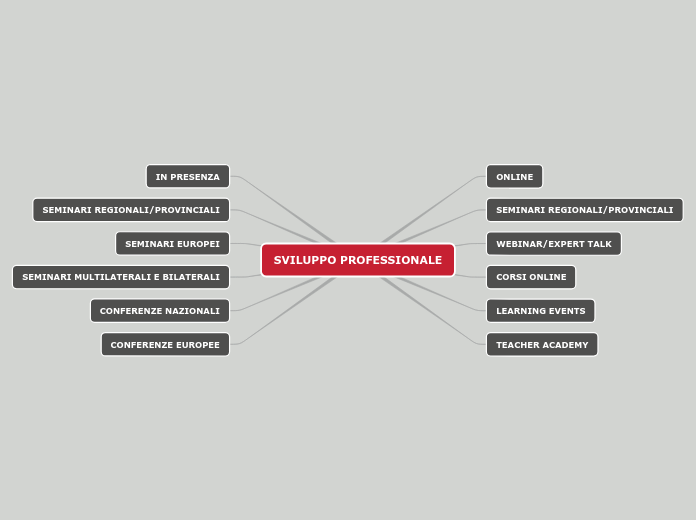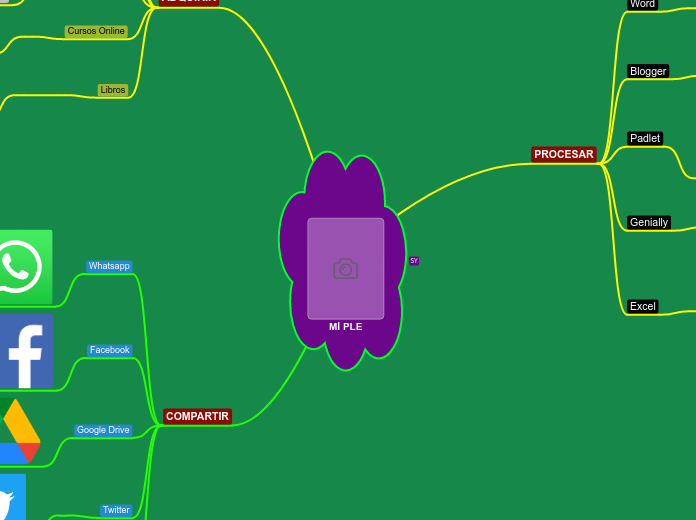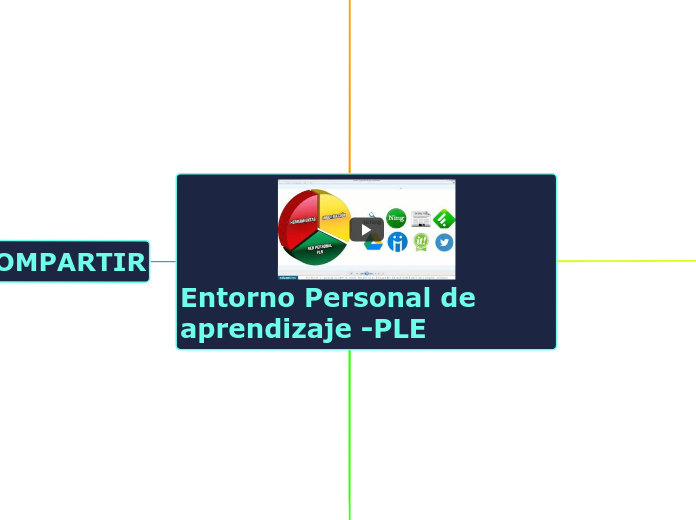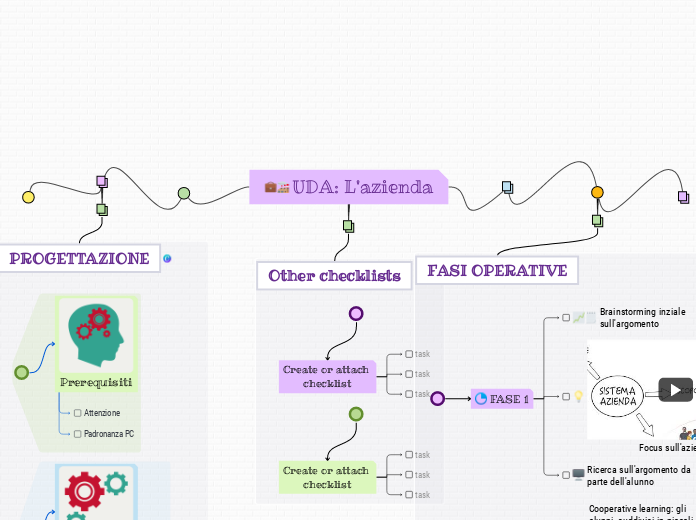Il "mondo" animale tra vertebrati e invertebrati
The part of speech is a category to which a word is assigned according to its syntactic functions. In English the main parts of speech are noun, pronoun, adjective, determiner, verb, adverb, preposition, conjunction, and interjection.
Tempi e strategie
Lezione della durata di 2 h suddivisa in 3 parti :
-prima parte - introduzione sull'argomento e brainstorming conseguente in classe
-seconda parte - visione video proiettato usando la Lim e dibattito interattivo;
-terza parte - scheda finale da compilare presso il laboratorio di informatica.
A conjunction is a word like 'if' 'but' or 'and' which is used to connect sentences or clauses together.
Finalità
A preposition is one of the most exciting parts of grammar. A preposition is used to describe the location of something in relation to something else.
Ricreare clima inclusivo all'interno del gruppo classe
A group of words used with the force of a single preposition is called phrase preposition.
according to, by means of, owing to, with a view to, in place of, in front of, etc.
Mirare alla progettazione di un'attività attraente e interessante che possa catturare l'attenzione dell'alunno e dei pari
Participle preposition consists of words that end in “ing”.
regarding, barring, concerning, considering, etc.
Garantire maggiore utilizzo delle TIC sottolineandone l'importanza
Extremely, Very
Promuovere interdipendenza positiva e spirito di collaborazione
When a preposition consists of more than one word, it is called double preposition.
into, within, upto etc.
Stimolare atteggiamento collaborativo e pensiero divergente
Compound preposition consists of two or more words.
on behalf of, according to, in front of, from across, etc.
Favorire l'acquisizione di conoscenze in merito all'argomento in oggetto
When a preposition consists of one word it is called single or simple preposition.
in, at, on, to for, of, from, up, after, over, under, with, etc.
Obiettivi
Gli obiettivi che la lezione si prefigge di raggiungere riguardano lo sviluppo di un pensiero critico circa l'importanza dell'argomento in questione da parte degli alunni; lo stimolare interesse in merito ad un tema che si rivela interessante in tutte le fasce d'età e avvalorare l'importanza di pratiche collaborative al fine di raggiungere un comune obiettivo.
An interjection is used to express emotion in a sentence.
Think of other interjections!
Contenuti
An adverb is used to describe a verb, but it can also describe an adjective or another adverb.
Adverbs normally help paint a fuller picture by describing how something happens.
Esempi esplicativi con l'ausilio di immagini e relative descrizioni
Just, Afterward, Soon, Currently
Differenze tra vertebrati e invertebrati
Always, usually, Never
Uno sguardo sul regno animale
Carefully, Slowly
Prerequisiti
A numeral is a word or phrase that describes a numerical quantity.
Some theories of grammar use the word 'numeral' to refer to cardinal numbers that act as a determiner to specify the quantity of a noun, for example the 'two' in 'two hats'.
Nozioni basilari di zoologia
One, two..
Conoscenze pregresse regno animale
First, second..
Verifica e valutzione
An article is a word used to modify a noun, which is a person, place, object, or idea. Technically, an article is an adjective, which is any word that modifies a noun.
Valutazione a seguito di confronto con il docente
Indefinite articles are the words 'a' and 'an.' Each of these articles is used to refer to a noun, but the noun being referred to is not a specific person, place, object, or idea. It can be any noun from a group of nouns.
A car in the parking lot.
Test semplificato
It refers directly to a specific noun or groups of nouns.
Quiz Kahoot
Ambiente di apprendimento
A pronoun is a word that can be used in place of a noun, typically after the noun itself has already been stated.
Laboratorio di informatica
Possessive pronouns are used to show possession. The possessive pronouns are mine, yours, his, hers, ours, and theirs.
His, Your
Aula
The personal pronouns are I, you, he, she, it, we, they. More often than not (but certainly not always), they replace nouns representing people.
He, They
Strumenti
An adjective is a word that's used to describe a specific noun and to provide more detail to the listener.
TIC
Pc e materiale cartaceo
Superlative adjectives demonstrate a higher level of comparison between entities.
She is the prettiest princess.
Lim
Expresses a comparison between two entities or groups of entities in quality or degree.
He is taller than she is.
Metologie didattico-opertive
A noun is defined as a person, place, thing or idea. Proper nouns always begin with a capital letter. Common nouns, which are general words, such as 'cars,' are not capitalized.
Problem solving
Countable nouns are nouns that can be counted, even if the number might be extraordinarily high.
Uncountable nouns are nouns that come in a state or quantity which is impossible to count; liquids are uncountable, as are things which act
like liquids.
Cats, Rain
Cooperative learning
Proper nouns are the names of specific people or places. They should always begin with a capital letter.
Mary, Paris
Fase 3
Correzione test automatica e confronto con il docente
Esercitazione in aula informatica e somministrazione test su pc
Quiz Wardwall
Fase 2
Formazione di piccoli gruppi
Breve dibattito sul contenuto di quanto visionato
Proiezione video in classe
Additional info
Fase 1
A verb is an action word or 'doing' word that signifies movement in some way.
Brainstorming
A linking verb connects the subject with a word that gives information about the subject, such as a condition or relationship.
You look exhausted after studying all night.
Breve introduzione\spiegazione in classe del docente
A verb with its own meaning: a verb that is not an auxiliary verb.
Create sentences
They have it.
